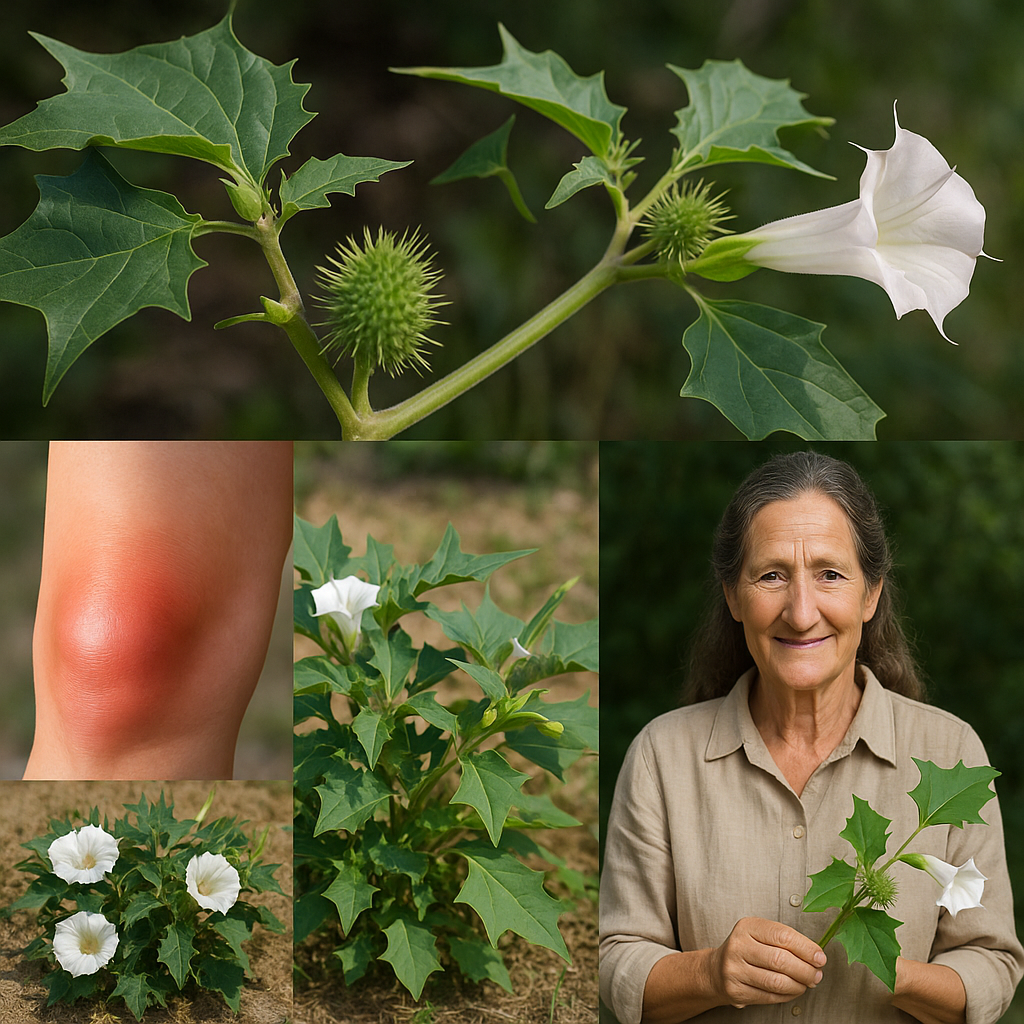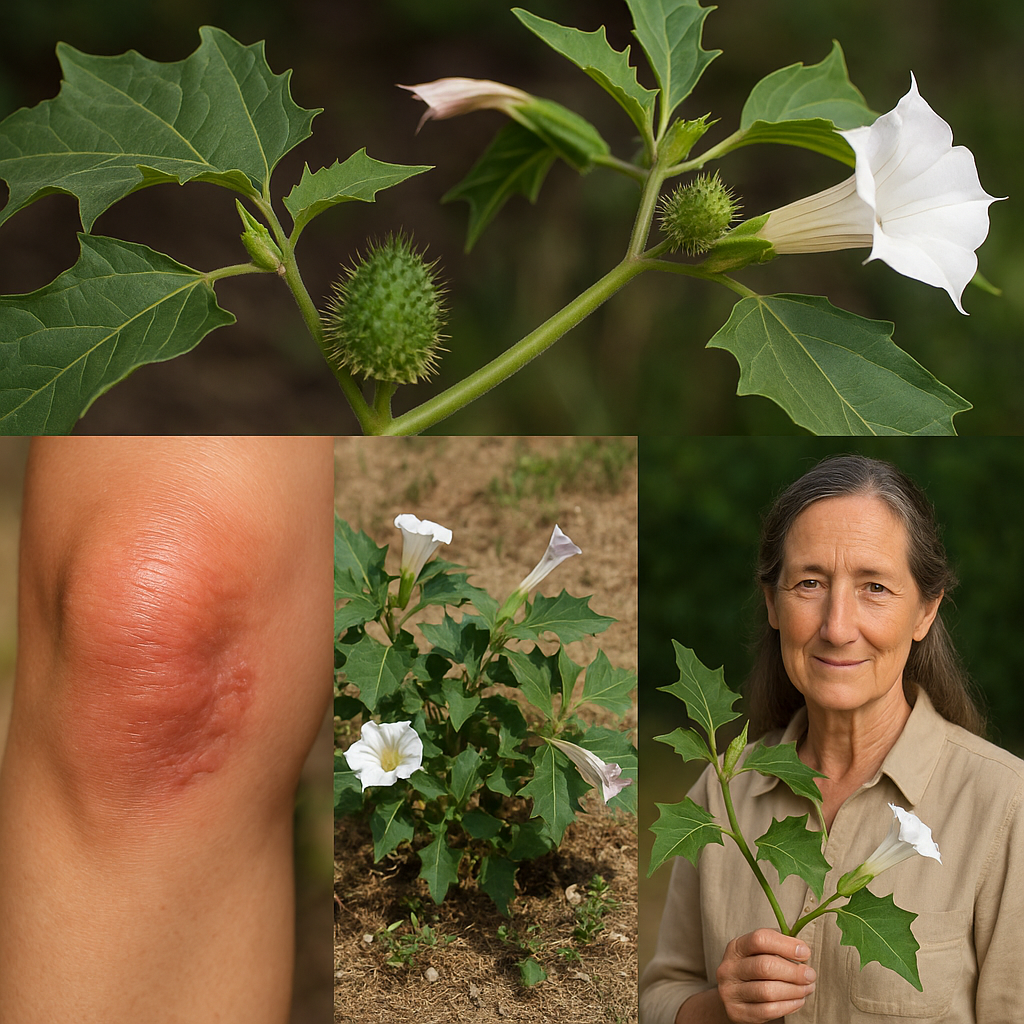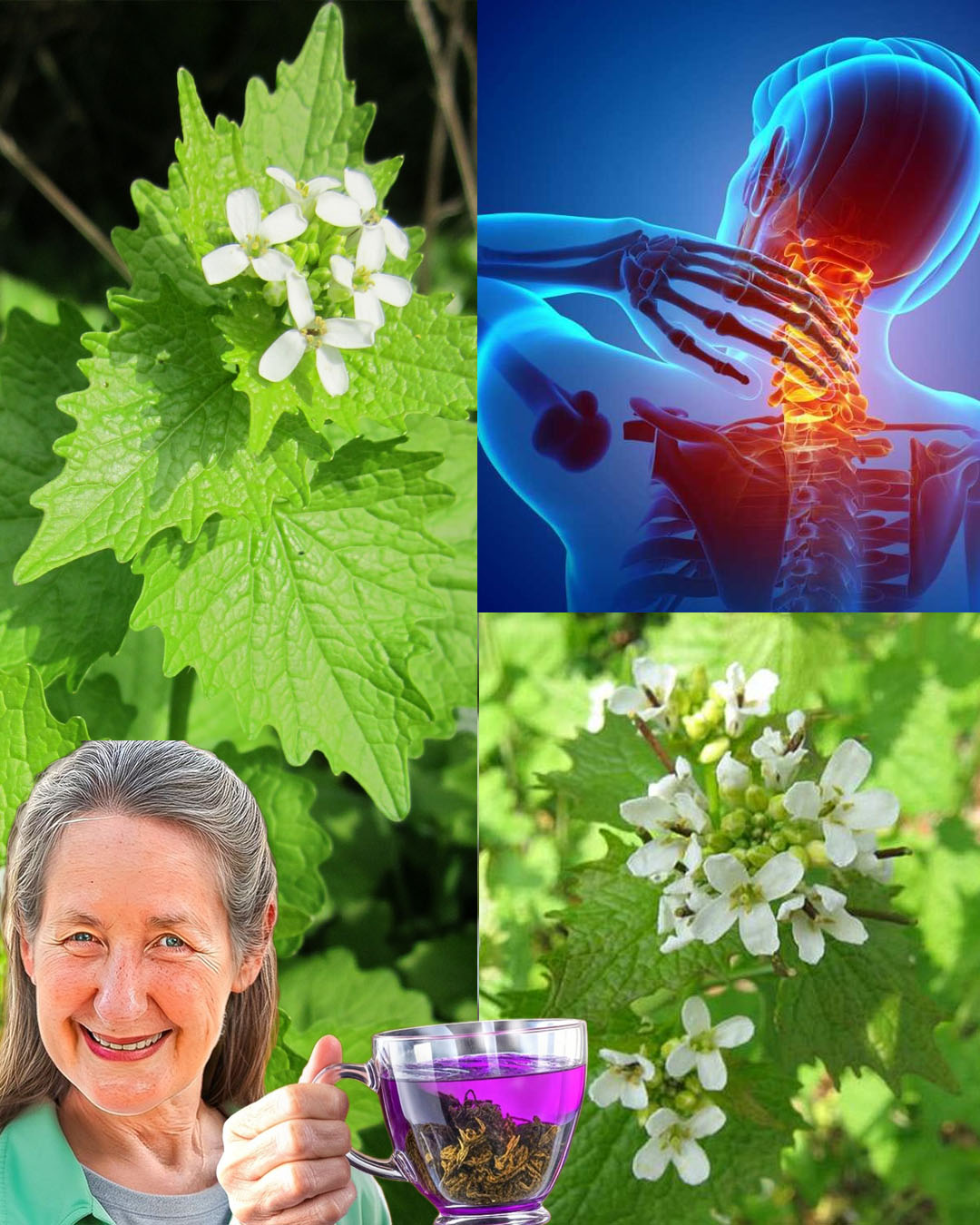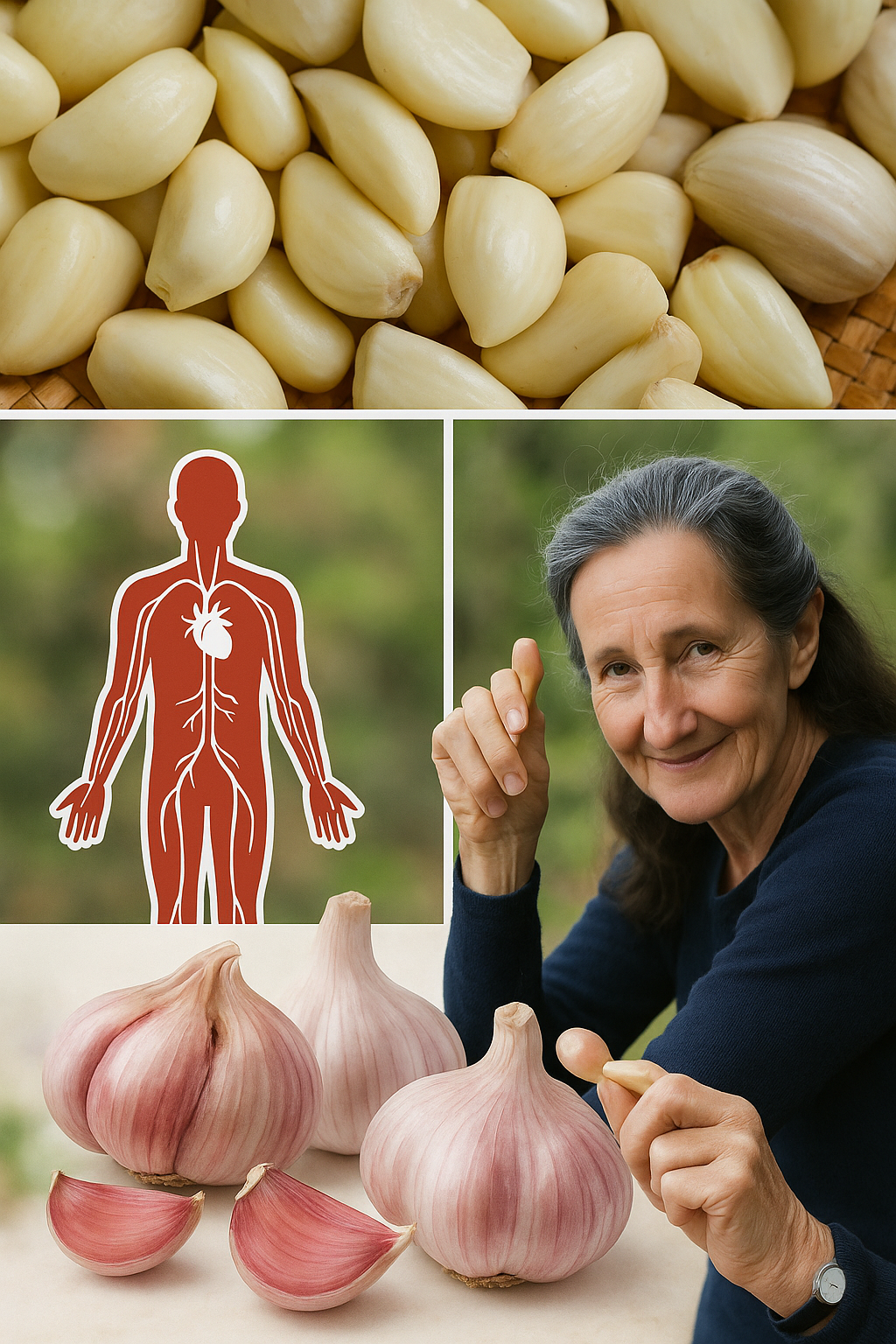Among the blooms that brighten our gardens, few plants strike a more deceptive pose than Datura Stramonium. With its elegant trumpet-shaped flowers and dramatic foliage, it could easily be mistaken for an ornamental treasure. But don’t be fooled—this striking plant harbors a dark and toxic secret.
Known by several eerie names—Jimsonweed, Devil’s Snare, Thornapple—Datura Stramonium is a plant with deadly potential. If you’re a gardener, pet owner, or parent, this is one plant you’ll want to learn about before it becomes an accidental danger.

🌿 What Is Datura Stramonium?
Datura Stramonium is a fast-growing member of the nightshade family, native to the Americas but now found around the world. You’ll see it growing wild along roadsides and in untended plots, but it’s also cultivated in gardens for its ornamental appeal.
Identifying Features:
- Tall, leafy plant often reaching 3–5 feet in height
- Large, spiked seed pods (hence the name “thornapple”)
- Trumpet-like flowers, usually white or purple, blooming in the evening
- Broad, jagged leaves with a pungent smell when crushed
☠️ Why It’s Dangerous
Every part of Datura Stramonium is poisonous—from root to flower to seed. The plant contains powerful tropane alkaloids like scopolamine, hyoscyamine, and atropine, which act on the nervous system and can be fatal if consumed.
Symptoms of Poisoning Include:
- Dry mouth and difficulty swallowing
- Dilated pupils and blurred vision
- Confusion, hallucinations, or aggressive behavior
- Rapid heart rate and high fever
- Seizures, coma, and in severe cases, death
Just a few seeds can cause toxicity in children or small animals, and even touching the plant without washing your hands afterward can cause skin or eye irritation.
🕯️ A Plant with a History
Despite its deadly nature, Datura has a long and complex role in traditional medicine and spiritual rituals. Historically, it was used:
- In Ayurveda to treat asthma and cough (in extremely small, controlled doses)
- By Native American tribes in ceremonial practices for visions and altered states
- In European folk medicine to treat pain and inflammation
Important Note: Due to its unpredictable potency and high risk of overdose, self-treatment or recreational use is strongly discouraged. The margin between an effective dose and a toxic one is razor-thin—and often fatal.
🧤 What You Should Do If You Find It in Your Garden
Datura is not illegal to grow in most areas, but it must be managed responsibly. Whether you planted it intentionally or it popped up on its own, take these precautions:
1. Educate Everyone at Home
Make sure children and guests know not to touch or ingest any part of the plant.
2. Use Gloves and Wash Up
Always wear gloves when trimming or handling the plant, and wash your hands thoroughly afterward.
3. Keep It Out of Reach
If you choose to keep it, plant it in a sectioned-off area of your yard, well away from curious hands and paws.
4. Consider Removal
If safety is a concern, it’s best to remove the plant entirely, especially if you have pets, children, or vulnerable adults at home.
🧠 Awareness Is the Best Protection
Datura Stramonium is a paradox—a captivating flower with a deeply toxic core. As with many things in nature, beauty and danger can coexist in a single stem.
This plant reminds us of the power and unpredictability of botanical life. Informed gardeners can appreciate its place in horticulture and history, but that appreciation must be paired with caution.

⚠️ If You Suspect Poisoning
Seek emergency medical attention immediately. Time is critical.
Call your local poison control center or emergency services.
🌺 Final Thoughts
The presence of Datura Stramonium in your garden may seem enchanting at first glance—but behind the beauty lies real risk. With proper knowledge, handling, and responsibility, you can admire or manage this plant safely. Whether you choose to keep it or not, always remember: not all that blooms is benign.
Be informed. Be safe. And never underestimate the quiet power of the plants around you.


